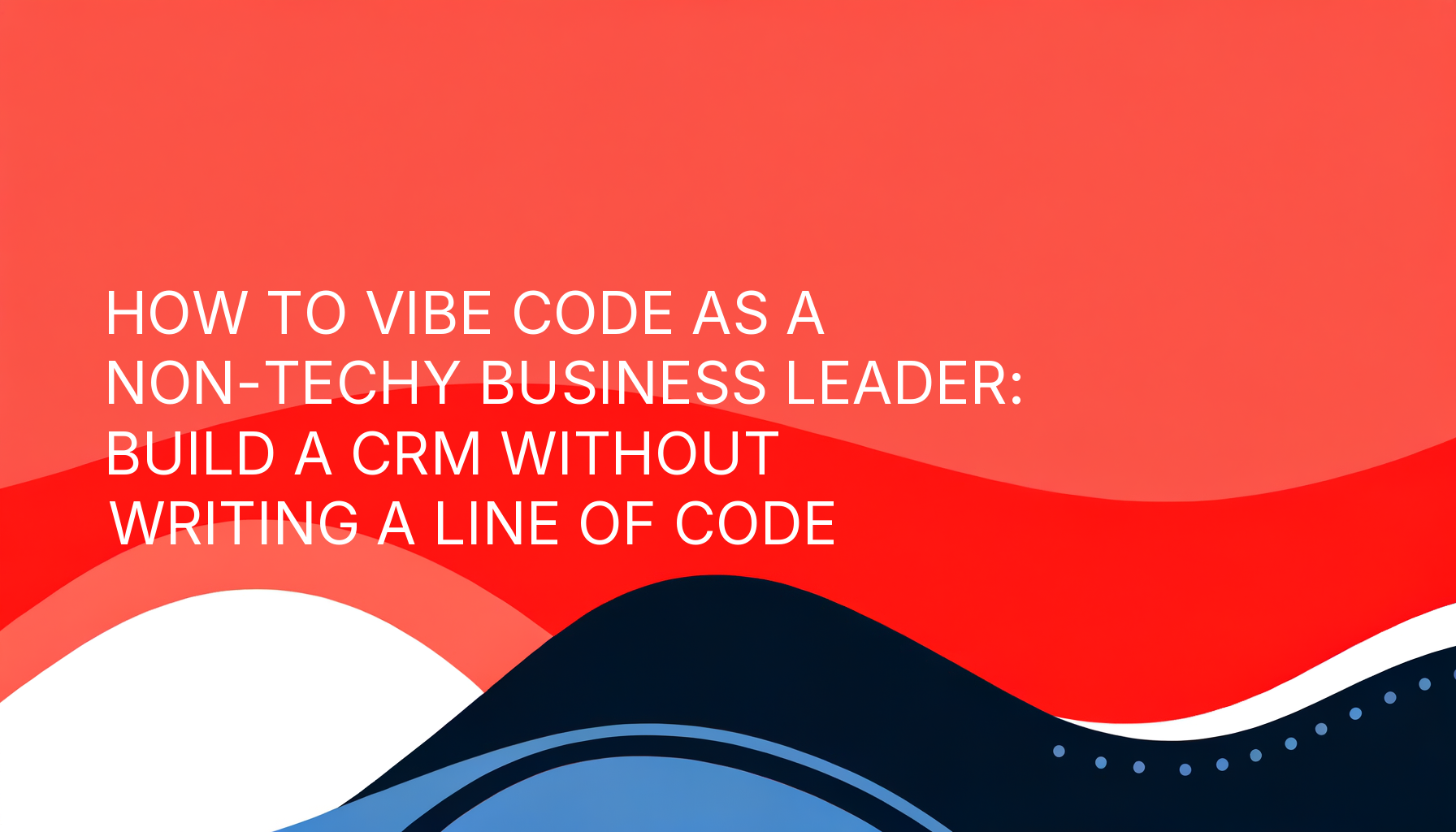Understanding Marketing Automation Tools
Marketo: A powerful platform geared towards enterprise marketing teams, offering advanced tools for lead management, campaign automation, and analytics.
HubSpot: An all-in-one solution that combines marketing, sales, and customer service tools with user-friendly features, making it popular among small to mid-sized businesses.
Custom Marketing Automation: A bespoke platform built from the ground up to address your specific marketing needs and business goals.
Marketo: Enterprise-Grade Power
Marketo is known for its robust capabilities and focus on enterprise-level marketing teams. It’s ideal for businesses with large, complex campaigns that require advanced tools and integrations.
Pros of Marketo:
Advanced Features: Offers deep functionality for lead scoring, nurture campaigns, and personalization.
Scalable for Large Teams: Designed to support enterprise marketing teams and multi-channel campaigns.
Extensive Integrations: Connects with a wide range of CRM and third-party platforms.
Comprehensive Analytics: Provides detailed insights into campaign performance and ROI.
Cons of Marketo:
Steep Learning Curve: Requires significant training and expertise to maximize its potential.
High Costs: Premium pricing makes it less accessible for smaller businesses.
Complexity: May be overkill for simpler marketing needs.
Who it’s for: Large enterprises with robust marketing teams and complex campaign requirements.
HubSpot: All-in-One Simplicity
HubSpot’s user-friendly interface and integrated tools make it a popular choice for small to mid-sized businesses looking for an accessible marketing automation solution.
Pros of HubSpot:
Ease of Use: Intuitive platform with minimal setup and training required.
All-in-One Solution: Combines marketing, sales, and customer service tools in a single ecosystem.
Affordable Options: Offers tiered pricing plans to suit different budgets.
Great for SMBs: Ideal for smaller teams managing straightforward campaigns.
Cons of HubSpot:
Limited Customization: Functionality is constrained to HubSpot’s framework.
Scalability Issues: Struggles to meet the needs of large, complex campaigns.
Higher Tiers Get Costly: Advanced features require expensive upgrades.
Who it’s for: Small to mid-sized businesses seeking an easy-to-use, all-in-one platform for basic marketing needs.
Custom Marketing Automation: Built for Your Needs
A custom marketing automation platform is designed specifically for your business, offering unmatched flexibility, scalability, and control. Unlike off-the-shelf solutions, it evolves with your goals and workflows.
Pros of Custom Marketing Automation:
Tailored Features: Build functionality that aligns perfectly with your marketing strategy.
Scalable Growth: Adapt and expand your platform as your business grows.
Seamless Integration: Connect with existing systems and tools for a unified tech stack.
Enhanced Performance: Optimize workflows, data processing, and user experiences.
No Ongoing Subscription Fees: Save money long-term with no reliance on third-party providers.
Cons of Custom Marketing Automation:
Higher Initial Costs: Requires upfront investment in design and development.
Development Time: Longer timeline compared to off-the-shelf platforms.
Who it’s for: Businesses with unique marketing needs or ambitious growth plans seeking a solution built for long-term success.

